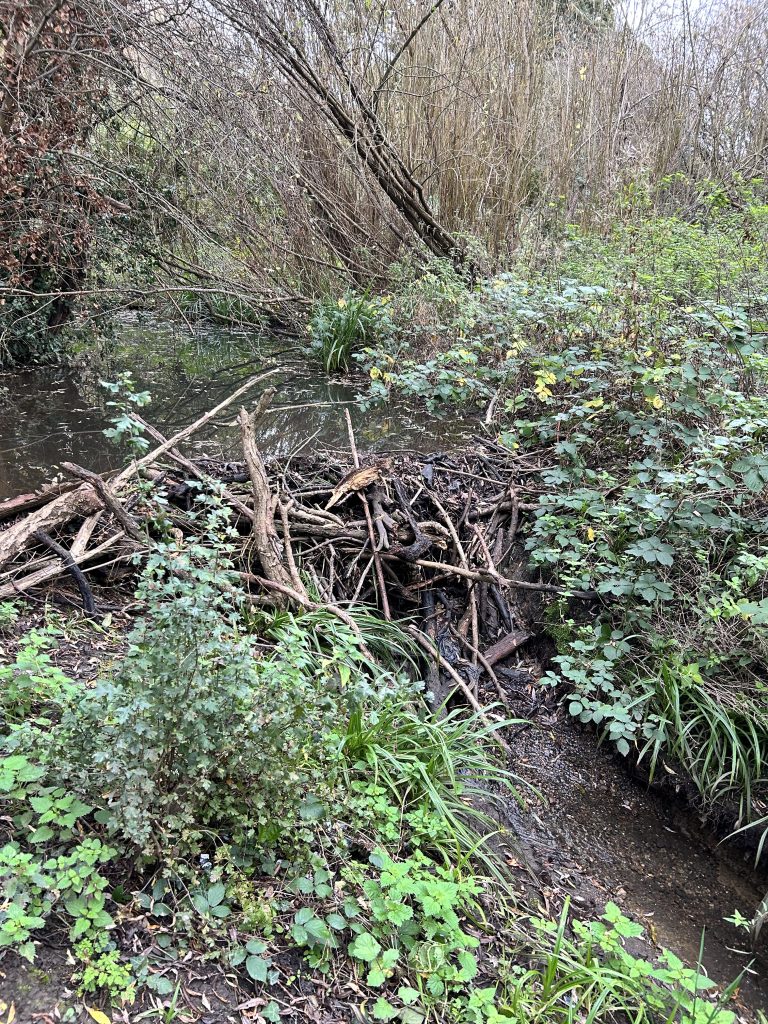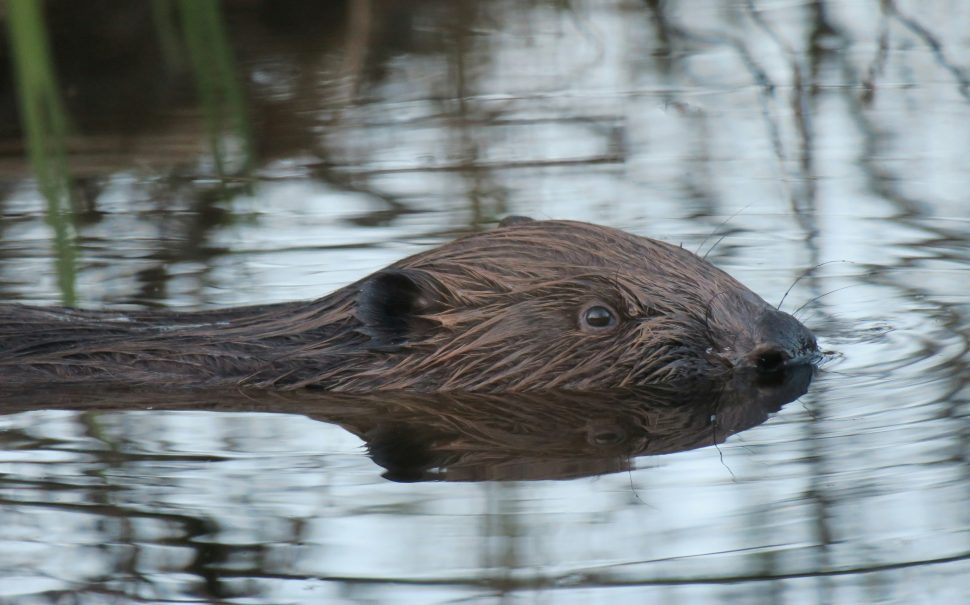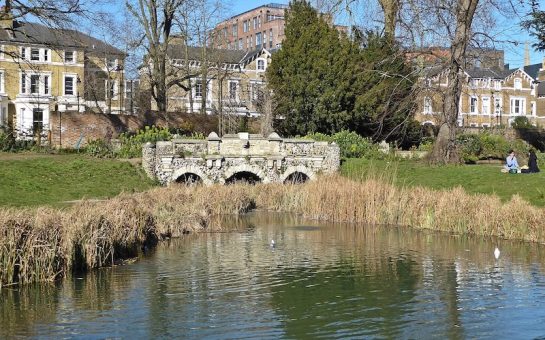The Ealing Beaver Project has seen improvements in biodiversity, water quality and flood protection in Paradise Fields, Greenford one year into their groundbreaking rewilding initiative.
The volunteer-led initiative has had a busy year and so has its family of beavers, who have had two kits, constructed two lodges and built at least seven dams on the site.
Last October saw the historic return of the Eurasian beaver to west London for the first time in 400 years.
It was a collaborative effort between Ealing Wildlife Group, Citizen Zoo, Friends of Horsenden Hill and Ealing Council.

Paradise Fields was once earmarked for expensive engineering works as high rainfall events caused flood damage to nearby Greenford tube station, but this project offered a cheaper and more sustainable alternative: beavers.
Beaver dams hold back flash flood waters and channels dug by the mammals help to slow the flow of water through the land.
In October this year, the beavers’ engineering was put to the test as Ealing experienced heavy rainfall.
Nadya Mirochnitchenko, ecologist and project coordinator for the Ealing Beaver Project, said: “That was their biggest success story, because there was flooding all over Greenford.
“There was flooding uphill, there was flooding upstream, but at Greenford station, there was no flooding.”
Beavers are also known for improving water quality thanks to the filtration effect of their dams, and volunteers have observed cleaner and clearer water in Paradise Fields.
Water measurements taken at either end of the site on the same day show a 50% reduction in the common pollutants phosphates and nitrates downstream of the dams.
The industrious rodents, known as ‘biodiversity magic pills’, have also had a positive effect on the wildlife in Paradise Fields and anecdotal evidence of biodiversity improvement is piling up.
Mirochnitchenko said: “[Beavers] create these mosaic wetlands, which creates a lot of different microhabitats for different species, and that’s partially why we’re seeing so much more biodiversity.”
The group has observed a wider variety of ‘sensitive’ species, which only tend to live in higher quality environments.
This includes growing populations of water-quality sensitive species like freshwater shrimp, diving beetles and caddisfly larvae.
Amphibians like the common frog and smooth newt have also been spotted, and sensitive wetland birds like the kingfisher and the elusive water rail are frequenting the ponds more often.
The Daubenton’s bat was also detected, which was not recorded the previous year.
The team were surprised by how quickly the wildlife on the site responded to the changes brought about by the beavers.
A wider objective was to engage the local community with the project and revitalise a once neglected site.

Over the past year, the project has had over 100 volunteers assist with activities such as fence patrols, pond dipping and water quality testing.
However, some members of the public were frustrated with the one-month closure of the capital Ring path last October.
Mirochnitchenko said: “Mostly it has been overwhelmingly positive.
“We do volunteer events and some people from the side of the road scream ‘go beavers!’”
The Ealing Beaver Project aimed to show that beavers can thrive in urban environments and be part of bigger solutions to the biodiversity and climate crises faced by the UK.
Mirochnitchenko added: “We’re trying to show that it’s okay, it’s possible to live alongside beavers, to have a more natural world.”
Featured Image by Katarīna Šterna via Unsplash





Join the discussion